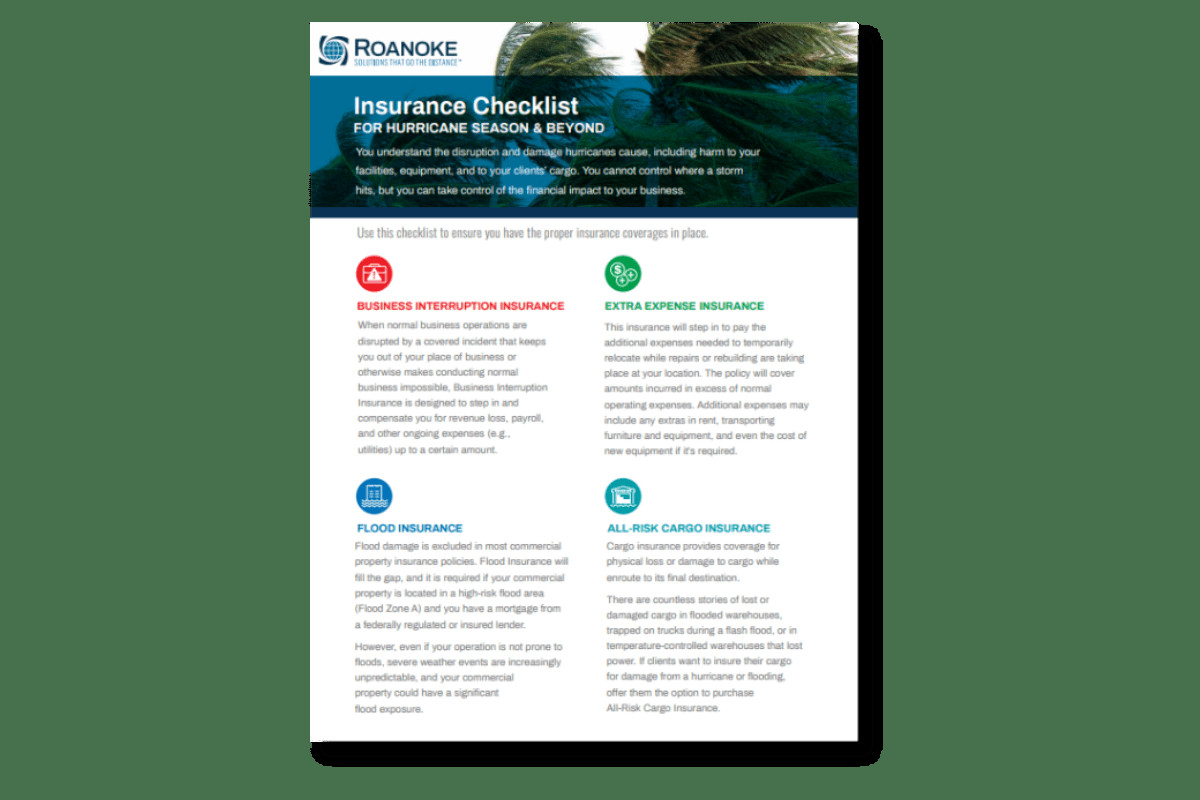There’s a popular saying if you live in a hurricane prone area: “hurricane season is a marathon, not a sprint”. And if you check the pulse of spectators on social media, you would get the sense that the marathon is particularly long this year.
As we head into the 2nd half of hurricane season, the National Weather Service wants to make sure people are ready if and when a storm threatens where they live.
This weekend, there is a very targeted message to the online community about making sure your hurricane kit is stocked and your hurricane plan is ready, if you need it.
But just what should you put into your hurricane kit? What are the must haves? What are the misses? Digital meteorologist Leslie Hudson takes us along with her hurricane kit haul.
The National Weather Service says oftentimes families hurricane kits are depleted this time of year. But it’s important to restock your kit, have a plan, and have multiple ways to get weather warnings among other important preparedness essentials.
As you probably know, there is a lot of talk about what might be brewing in the NW Caribbean as we head into next week. Until an area of low pressure forms, the long term forecast is too uncertain to predict.
There is increasing confidence that a tropical storm or hurricane will be in the Gulf of Mexico next week. Until the system actually forms and data is gathered, there’s no way to be specific now about the track, timing, intensity, or impact. Be watching for updates over the…
So now is the perfect time to check your own hurricane kit, make sure your pantry is stocked, and have all your ducks line up, should stormy weather threaten where you live next week.
Stocking Your Hurricane Kit: What Should You Include?
The first thing you should do is to make sure your hurricane kit has the following essentials:
-
Water and Non-Perishable Food Supplies One of the most critical items to stockpile is drinking water. Experts recommend at least one gallon of water per person per day for at least three days. Additionally, have a supply of non-perishable food like canned goods, dried fruits, and granola bars. Don't forget a manual can opener!
-
First Aid Kit A well-stocked first aid kit is essential. Include bandages, antiseptic wipes, pain relievers, and any prescription medications. You may also want to add a flashlight and extra batteries, in case of power outages, and a whistle to signal for help.
-
Battery-Powered Radio or Weather Radio A battery-powered or hand-crank radio is key to staying informed during a storm, especially if the power goes out. Staying updated on weather alerts can be the difference between safety and danger.
-
Important Documents Make sure your important documents—like birth certificates, insurance policies, and passports—are stored in a waterproof container. You'll want easy access to these items in the event of evacuation or damage to your home.
-
Extra Fuel Gas up your vehicles before the storm approaches. Additionally, consider having extra fuel on hand for generators, as power outages can last for days or even weeks after a hurricane.
-
Evacuation Plan Have a clear evacuation plan in place for your family. Know where you'll go, what route you'll take, and what you'll bring. Don't forget about your pets—have carriers, leashes, and food ready to go.
-
Tools and Supplies for Securing Your Home Stock up on plywood, sandbags, and tarps to protect windows and doors. Also, have tools like hammers and wrenches to secure outdoor items and make quick repairs if necessary.
-
Cash and Chargers In the event of widespread power outages, ATMs and card readers may not be operational. It's always smart to have cash on hand. Portable phone chargers and backup batteries can keep your devices powered when you need them most.
More Than Just a Kit: How to Prepare for the Unexpected
Having a hurricane kit is just one part of the equation when it comes to preparing for a storm. It's also important to have a plan in place in case you need to evacuate. This includes knowing where you'll go, how you'll get there, and what you'll bring with you. You should also consider your pets' needs and make sure they are included in your plan.
It’s also important to remember that hurricane season is a marathon, not a sprint. Don't get complacent just because the season is already underway. Stay informed about potential storms, and be prepared to take action if necessary. By taking these steps, you can help protect yourself and your family from the dangers of hurricanes.
Hurricane Season: What We Learned from Southwest Louisiana's Close Call
Southwest Louisiana breathed a sigh of relief this week after narrowly escaping the worst of Hurricane Francine. While the storm took a last-minute turn away from our region, it served as a stark reminder of how quickly things can change during hurricane season. For residents in this part of the Gulf Coast, preparedness is not just a suggestion—it's a necessity.
Hurricane season is far from over, and while we may have been spared this time, it’s crucial to remain vigilant and prepared. The key to weathering any storm is having the right supplies and knowing how to use them.
What to Do Before, During, and After a Hurricane
Before a Hurricane:
-
Prepare a hurricane kit. Include items like water, food, a first aid kit, a battery-powered radio, important documents, and extra fuel.
-
Develop an evacuation plan. Know where you will go and how you will get there.
-
Secure your home. Board up windows, trim trees, and bring in loose objects.
During a Hurricane:
-
Stay indoors. Avoid driving unless it is absolutely necessary.
-
Listen to weather reports. Stay informed about the storm's track and intensity.
-
Be prepared to evacuate. Follow instructions from local authorities.
After a Hurricane:
-
Check for damage. Inspect your home and property for any damage.
-
Stay safe. Be careful of debris and downed power lines.
-
Help others. Offer assistance to your neighbors and community.
The most important thing to remember is to stay safe and be prepared. By following these tips, you can weather the storm and come out on the other side with minimal damage.


















